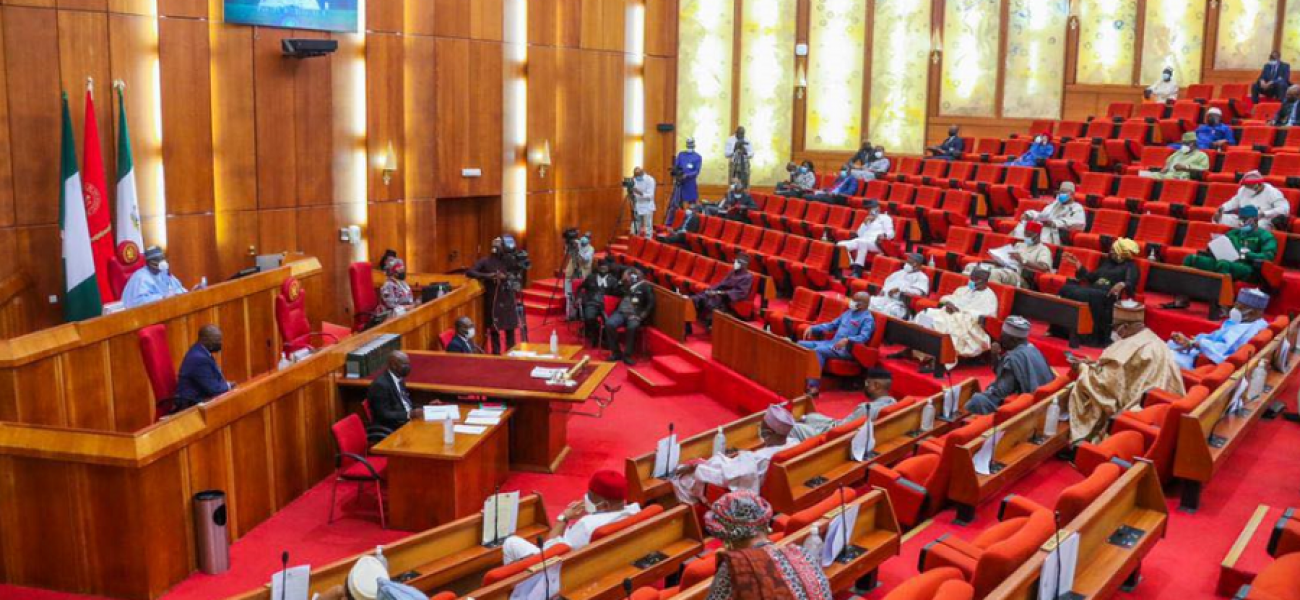The Senate on Wednesday, 9th March 2022, passed the Proceeds of Crime (Recovery and Management) Bill. The bill seeks to provide an effective legal and institutional framework for the recovery and management of the proceeds of crime, as well as the restraint, seizure, confiscation and forfeiture of property derived from unlawful activities. It also seeks to provide for a non-conviction based procedure for the recovery of crime proceeds. It further seeks to establish a ‘Confiscated and Forfeited Properties Account’, where recovered proceeds of crime forfeited to the Federal Government, will be paid into, among others. To administer the provisions of the bill, a Proceeds of Crime (Management) Directorate will be established in relevant government agencies such as the Economic and Financial Crimes Commission (EFCC), Independent Corrupt Practices and other Related Offences Commission (ICPC), the National Drug Law Enforcement Agency (NDLEA), the Nigeria Customs Service (NCS), etc.
However, the Senate on Tuesday, 15th March rescinded its decision on clause 74 of the bill, which provides that:
“The burden of proof shall be on the investigating agencies and there shall be a conviction before the property can be finally seized or forfeited to the Federal Government of Nigeria.”
According to the Senate, this provision which places the burden of proof on the investigating agencies and not on the defendant, contravenes Article 12(7) of the United Nations Convention against Transnational Organised Crime (UNTOC) which provides that:
“State parties may consider the possibility of requiring that an offender demonstrate the lawful origin of alleged proceeds of crime or other property liable to confiscation, to the extent that such a requirement is consistent with the principles of their domestic law and with the nature of the judicial and other proceedings.”
Following the recission of the Senate’s decision on this clause, the bill was then referred to the Joint Committee on Judiciary, Human Rights and Legal Matters and the Anti-corruption and Financial Crimes Committee for further legislative action.
It is unclear if the bill only applies to public property and assets or that it extends to privately owned property. It is however noteworthy to point out that clause 80 (c) of the bill provides for the compensation of any person who has suffered grave pecuniary loss on account of the offence or conduct that gave rise to the confiscation or forfeiture order.
It is also important to note that the bill seeks to have a retroactive effect on acts, omissions and conducts that constitute unlawful activity. This is to say that the bill will apply to offences that occurred before its commencement, if signed into law. This needs to be critically examined to ensure that such retroactive effect takes into account, the elements of predictability, certainty and equality which underlie the rule of law, to ensure that justice is done in each instance.
The bill fails to create penalties for officers in ‘relevant organisations’ who may abuse their position while enforcing/administering its provisions. This is particularly important in the light of the powers granted to relevant organisations under the bill to execute contracts, engage contractors and other personnel, dispose assets subject to a forfeiture order of court, or do anything they consider appropriate for the performance of their functions.
The bill if passed, would create a recognised framework for dealing with recovered proceeds of crime and aid the efforts of relevant government agencies set up to deal with financial misappropriation.

